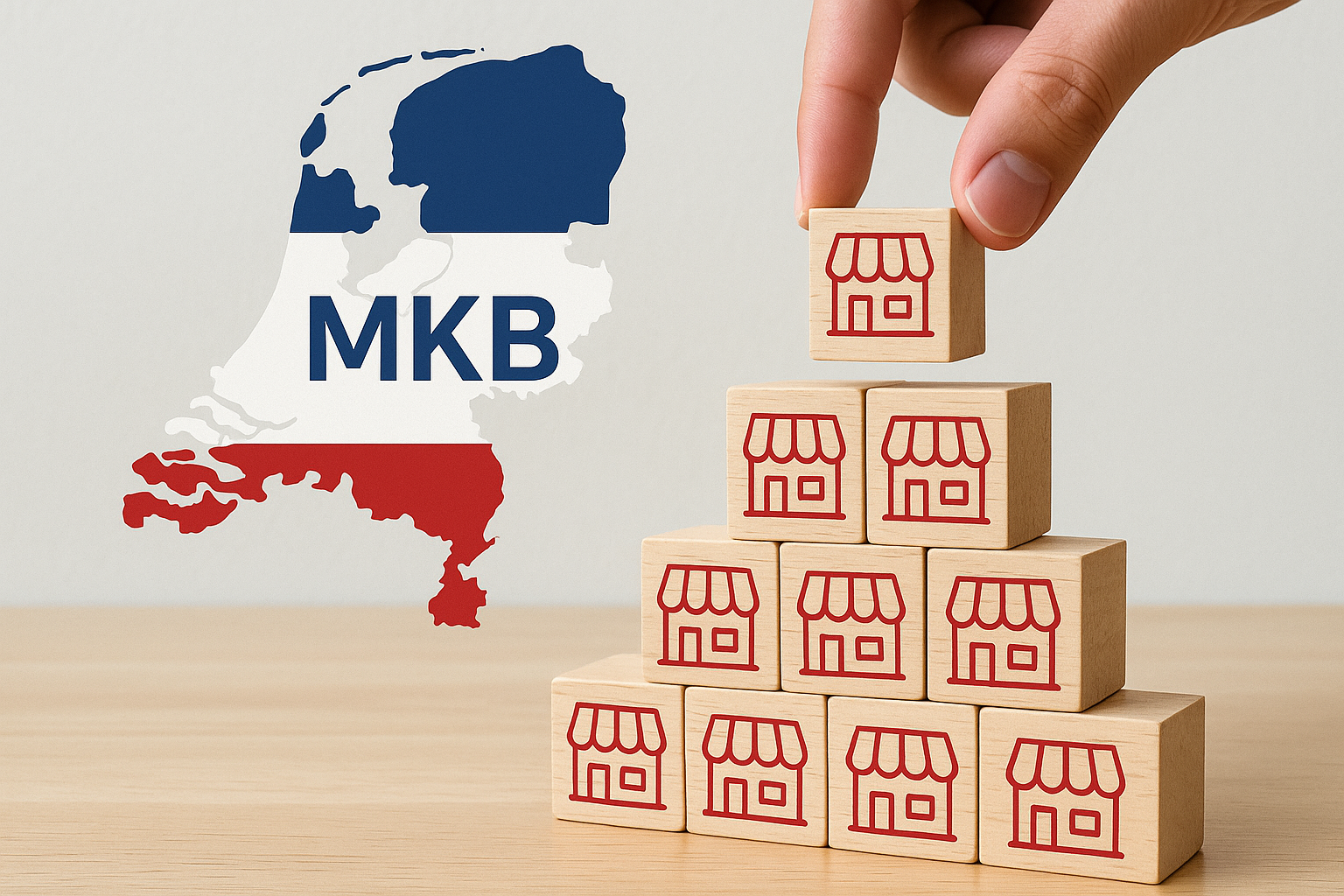Gepubliceerd op: mei 2020
SEOR heeft de afgelopen maanden weer een aantal interessante projecten afgerond. Zo hebben we onderzocht wat de gevolgen van een hoger minimumloon zouden zijn voor het overheidsbudget of het Rotterdamse re-integratieprogramma WerkLoont effectiever of juist minder effectief is voor bijstandsgerechtigden met een migratieachtergrond en tegen welke obstakels Brabantse Zeeuwse en Vlaamse ondernemers aanlopen als zij zakendoen over de grens.
Ben jij benieuwd naar de resultaten van deze en andere recente onderzoeken? Bekijk dan onze nieuwsbrief via deze link.







